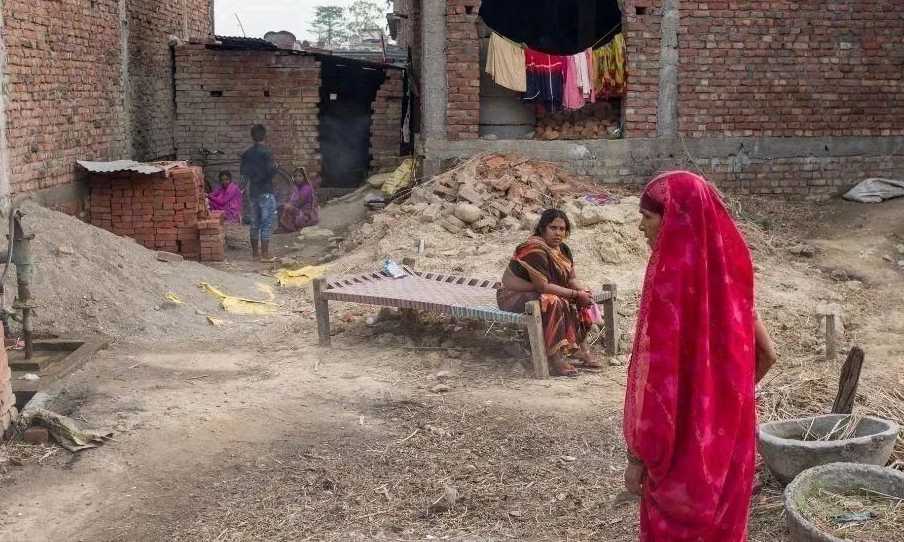
Nestled in the Himalayas, Nepal—once a South Asian power and birthplace of Buddhism—now grapples with stark poverty. Despite its rich cultural heritage, the country faces severe economic challenges, with a 2024 GDP per capita of $1,436 , leaving many households surviving on just $100 monthly. Over a quarter of its population lives below the poverty line, while rising living costs exacerbate daily hardships .
Education remains a casualty of deprivation. Although the government offers free schooling, families struggle with hidden costs like uniforms and books, forcing many children out of classrooms. Shockingly, 25% of adults are illiterate , a crisis compounded by rural neglect: in remote regions, children often walk hours to overcrowded schools with minimal resources, leading to high dropout rates . The lack of basic infrastructure—such as reliable roads and electricity—traps communities in cycles of illiteracy and poverty.
Rural areas bear the brunt of underdevelopment. Mountainous villages rely on unpaved roads, which become impassable during monsoons or snowfall, isolating families for weeks . Subsistence farmers face unpredictable weather patterns, causing crop failures and food insecurity. Over a third of pregnant women suffer from anemia, and one in four children under five experiences stunted growth , highlighting systemic neglect.
While Nepal’s economy shows tentative growth—projected at 5.1% in 2025 —it remains vulnerable. Remittances from overseas workers, crucial for 30% of GDP , expose the nation to external shocks like economic downturns in host countries. Corruption and bureaucratic inefficiencies further hinder progress, with education spending stagnating at 12.44% of government expenditure in 2022 , failing to address infrastructure gaps.
As Nepal prepares to graduate from least-developed status in 2026 , urgent reforms are needed. Investing in rural education, improving healthcare access, and diversifying the economy beyond agriculture and remittances are critical. Without sustained action, the "Land of Gods" risks losing its future to generational poverty, where children’s dreams are overshadowed by the harsh realities of survival.





